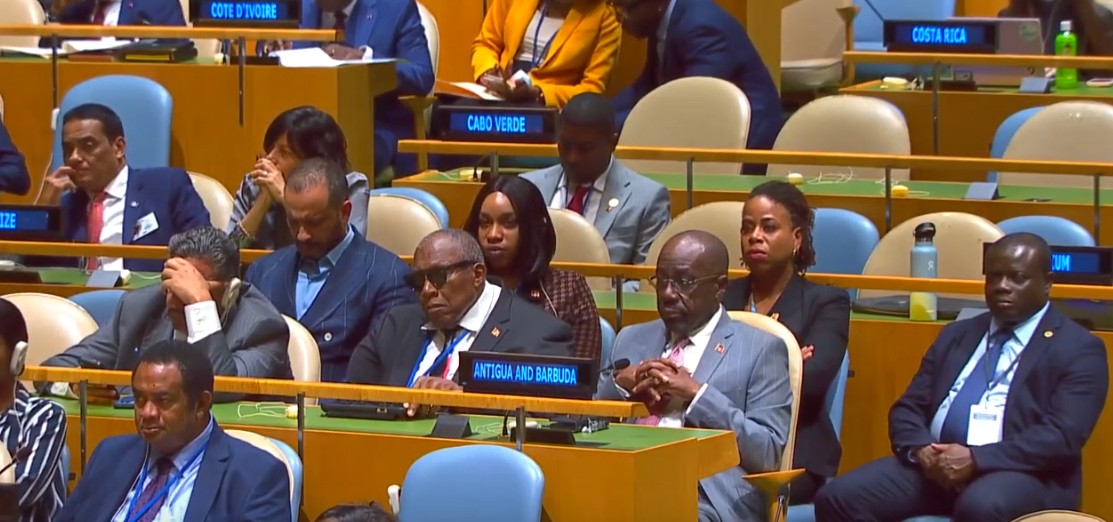In a remarkable shift, the Eastern Caribbean islands are leveraging their alluring properties to entice buyers with an attractive offer: a passport accompanying real estate purchases. Authorities from Antigua and Barbuda, Dominica, Grenada, St Kitts and Nevis, and St Lucia have introduced citizenship-by-investment (CBI) programs that begin at a mere $200,000 (£145,000). As political instability in the United States casts a shadow over many citizens’ peace of mind, interest in these programs has surged.
Many are looking to acquire second citizenship, alongside picturesque homes, for visa-free travel to over 150 nations, including the UK and the Schengen area of Europe. Factors such as tax exemptions—including capital gains, inheritance, and income taxes—further entice the affluent to consider these Caribbean havens. "Up to 70% of buyers are seeking citizenship,” states Nadia Dyson, owner of Luxury Locations in Antigua, emphasizing a significant shift from lifestyle buyers to those desiring citizenship.
Experts from Henley & Partners point out that American citizens have dominated CBI applications in the Caribbean, with a 12% increase in applications since late 2024. Notably, affluent individuals seek the security of dual citizenship as a hedge against key national and global issues. With many seeking a peaceful retreat from rising concerns spanning gun violence and political polarization in the U.S., the potential for relocation is enticing.
Investment migration specialists underline how prior to the pandemic, the U.S. was hardly a source of interest for CBI; however, restrictions on travel catalyzed the surge of applications that continues to rise. Robert Taylor, a Canadian citizen, recently invested just under the now-elevated property threshold in Antigua, planning to retire in a place with inviting weather and friendly locals.
Despite the positive economic implications—an estimated 10-30% of nations' GDPs stem from CBI schemes—these programs have encountered ethical scrutiny from regional critics. Former Speaker of the House in Antigua, Gisele Isaac, reflects on earlier resistance, with fears about selling national identity to foreign buyers.
International concerns about possible misuse of these schemes have emerged, provoking the European Union’s vigilance surrounding their implications for security and tax evasion. In response, Caribbean nations are taking corrective measures, instituting a regional regulator and enforcing tighter scrutiny standards for applicants.
Nonetheless, leaders in the Caribbean maintain the integrity of the CBI programs, emphasizing their positive economic contributions, including essential infrastructure projects financed since the initiatives began in the 1990s.
In conclusion, as the Caribbean continues to balance the needs of international investment and domestic oversight, the growing popularity of buying homes for citizenship remains a lifeline for these small nations, challenging them to navigate the fine line between economic benefit and ethical considerations. With citizenship as a commodity, the future of CBI will undeniably shape the landscape of Caribbean real estate.



















